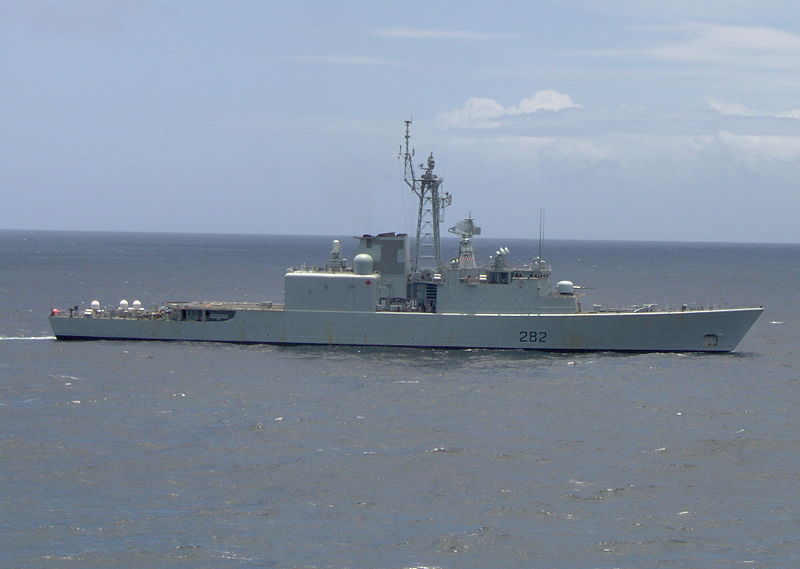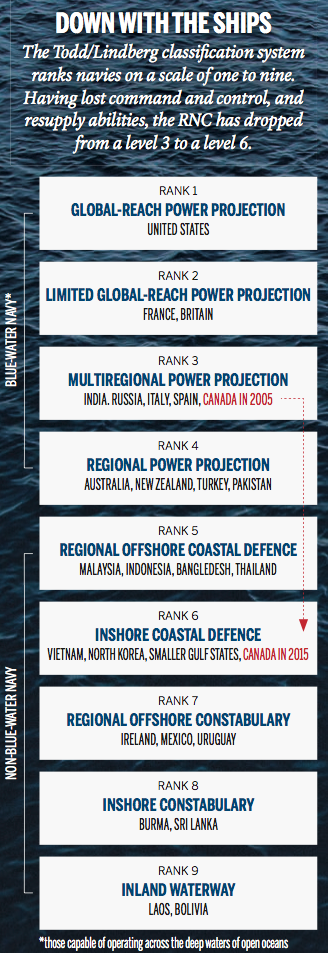It may make politicians and activists feel empowered and righteous, but it has negative aspects that don’t seem to get the same level of attention as the “feel good” rhetoric does:
Nuclear power faces an uncertain future in Sweden. Major political parties, including the Green party of the coalition-government have recently strongly advocated for a policy to decommission the Swedish nuclear fleet prematurely. Here we examine the environmental, health and (to a lesser extent) economic impacts of implementing such a plan. The process has already been started through the early shutdown of the Barsebäck plant. We estimate that the political decision to shut down Barsebäck has resulted in ~2400 avoidable energy-production-related deaths and an increase in global CO2 emissions of 95 million tonnes to date (October 2014). The Swedish reactor fleet as a whole has reached just past its halfway point of production, and has a remaining potential production of up to 2100 TWh. The reactors have the potential of preventing 1.9–2.1 gigatonnes of future CO2-emissions if allowed to operate their full lifespans. The potential for future prevention of energy-related-deaths is 50,000–60,000. We estimate an 800 billion SEK (120 billion USD) lower-bound estimate for the lost tax revenue from an early phase-out policy. In sum, the evidence shows that implementing a ‘nuclear-free’ policy for Sweden (or countries in a similar situation) would constitute a highly retrograde step for climate, health and economic protection.


 This October, NATO is launching Trident Juncture, its largest and most ambitious military exercise in a decade. The massive land, sea and air exercise will be held in the Mediterranean and will include 36,000 troops from 30 nations. Its goal will be to help the fictitious country of Sorotan, “a non-NATO member torn by internal strife and facing an armed threat from an opportunistic neighbour.” Not surprisingly, this is widely seen as an explicit response to Moscow’s increasingly belligerent pressure on the alliances’ eastern borders. The Canadian government, an outspoken critic of Russian President Vladimir Putin and the invasion of Ukraine, had planned to send its flagship destroyer, HMCS Athabaskan, as “a strong signal to the Russians,” whose ships and aircraft have also been bumping up against Canada’s territorial claims in the Arctic.
This October, NATO is launching Trident Juncture, its largest and most ambitious military exercise in a decade. The massive land, sea and air exercise will be held in the Mediterranean and will include 36,000 troops from 30 nations. Its goal will be to help the fictitious country of Sorotan, “a non-NATO member torn by internal strife and facing an armed threat from an opportunistic neighbour.” Not surprisingly, this is widely seen as an explicit response to Moscow’s increasingly belligerent pressure on the alliances’ eastern borders. The Canadian government, an outspoken critic of Russian President Vladimir Putin and the invasion of Ukraine, had planned to send its flagship destroyer, HMCS Athabaskan, as “a strong signal to the Russians,” whose ships and aircraft have also been bumping up against Canada’s territorial claims in the Arctic.

